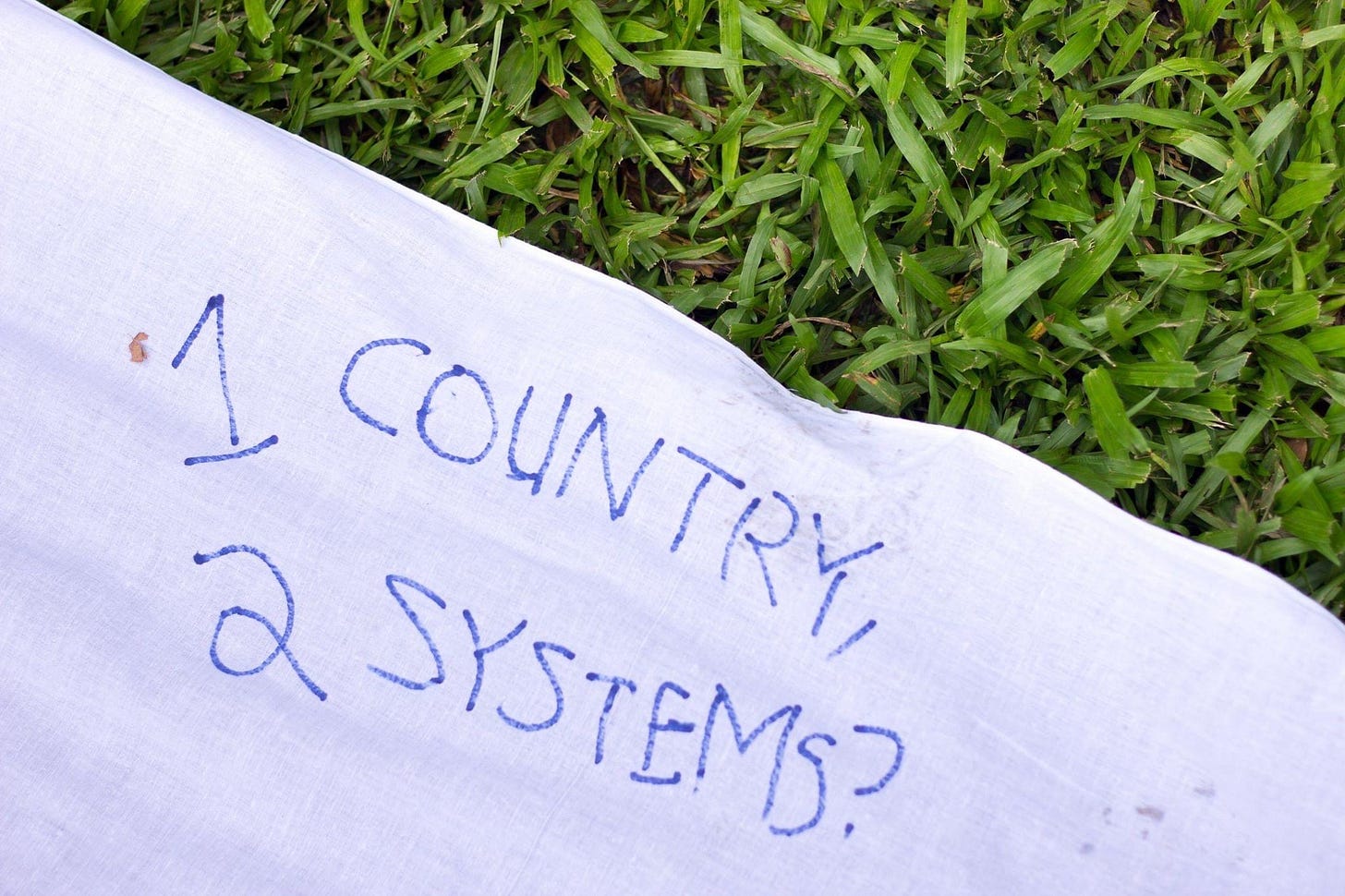Parti Liyani's ordeal and our criminal justice system
Over the past week, I've been writing quite a lot about the prosecution of Parti Liyani and access to justice on social media, so I thought I'd do a round-up for my newsletter readers.
The story of Parti Liyani, an ex-domestic worker was recently acquitted by the High Court of the charges of theft brought against her by public prosecutors based on accusations by her ex-employers - the Liews - an influential and wealthy family with deep ties to the establishment, has captured the imagination of the Singapore public in a way quite unlike any other criminal case in recent history. This past week, it is all anyone seems to want to talk about. Parti’s ordeal with the police and courts sheds light on many entrenched issues in our criminal justice system, and raises questions about the investigation process, the AGC’s conduct and the lower court’s decision - questions which the administration has to address transparently. In this post on 4th September, the day Parti Liyani was acquitted, I outline some of the key issues the case highlights.
Later that day, I live-tweeted HOME’s zoom press conference (my first time!) with Parti Liyani, her defense lawyer Anil Balchandani, and staff and volunteers from HOME who supported her over the last four years. The speakers raised many important points about the trial, as well as the vulnerability of migrant workers and other accused persons, that weren’t covered adequately in media articles that followed, so I recommend reading their comments in full, if you have the time.
HOME (Humanitarian Organisation for Migration Economics) has put out a couple of pieces on the case, including this interview of Anil Balchandani, which I helped to edit. Anil’s account really sheds light on the kind of work that goes into representing disenfranchised groups, the crucial labour of NGOs like HOME, as well as the connection between migrant workers’ lack of political representation and their marginalisation in the criminal justice system.

On 8th September, multiple media outlets published Minister for Law and Home Affairs K Shanmugam’s comments on the High Court judgment, implying that the public outcry around the case was a “witch hunt” and how we shouldn’t “prejudge” what went wrong. I was incensed by this, which led to me write this post in response to the Minister’s comments. In it, I share my views on the health of open public discourse, the need for an independent review, and how the Minister needs to be accountable for the failures of the courts and police practices, both of which he oversees.

On the back of Minister Shanmugam’s comments, Temasek International Chief Executive Dilhan Pillay Sandrasegara’s came out in support of Mr Liew Mun Long, referencing his contributions to Singapore and asking us to wait for “his side of the issue” rather than “come quick to judgment”. This prompted me to reflect here on the stark contrast in assumptions and assertions about people in our society based on their social status, and how these assumptions inform everything from state and media narratives to employment/welfare policies and our penal code.

The discussions this past week also reminded me of a protest I organised at Hong Lim Park in 2016 to draw attention to the human rights violations and barriers to accessing justice that, in addition to migrant workers, various other vulnerable groups like sex workers, death row inmates, persons with disabilities and children face in Singapore. Here, I summarised some of the issues raised by speakers at that event, and raise some other practices within our criminal justice system, as well as the values that underpin them, both of which I think need serious reconsidering. I hope the people of Singapore continue to have informed discussions on these issues - they have serious implications for all of us, and particularly for those who live on the margins of our society. My wish is that the discussions we are having now will give way to a fairer, humane and transformative approach to justice which is healing, not just for those who have experienced and caused harm in a particular instance, but for all our communities.

While we fight to reform (or replace!) oppressive systems, many migrant workers remain stuck in limbo, living on the streets and in shelters, unable to work while their cases are investigated by the police and tried in court. HOME supports many such workers, and requires funds to provide for their upkeep, pay for legal costs and disbursements, and so on. While HOME managed to hit - in just one day! - its target of $28,000 to help Parti Liyani rebuild her life (hooray!), their fundraiser to help other migrant workers in similar situations has not gotten much attention. Do contribute if you can, and help to spread the word!
I rely heavily on readers to get the word out about my work. If you found this helpful, do consider sharing it on your social media pages or forwarding this email to friends.
All my writing is free. If you’d like to support me in continuing to do the work I do as an independent researcher, writer and community organiser, do consider a paid subscription! The more sustainable this becomes, the more time I will be able to dedicate to this work. Alternatively, you can leave me a tip at my Ko-fi page! :)




since there is an inquiry in AGC led by Deputy AG, u and others can direct suggestions there